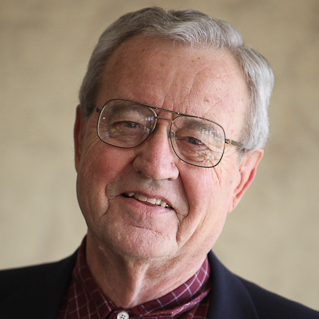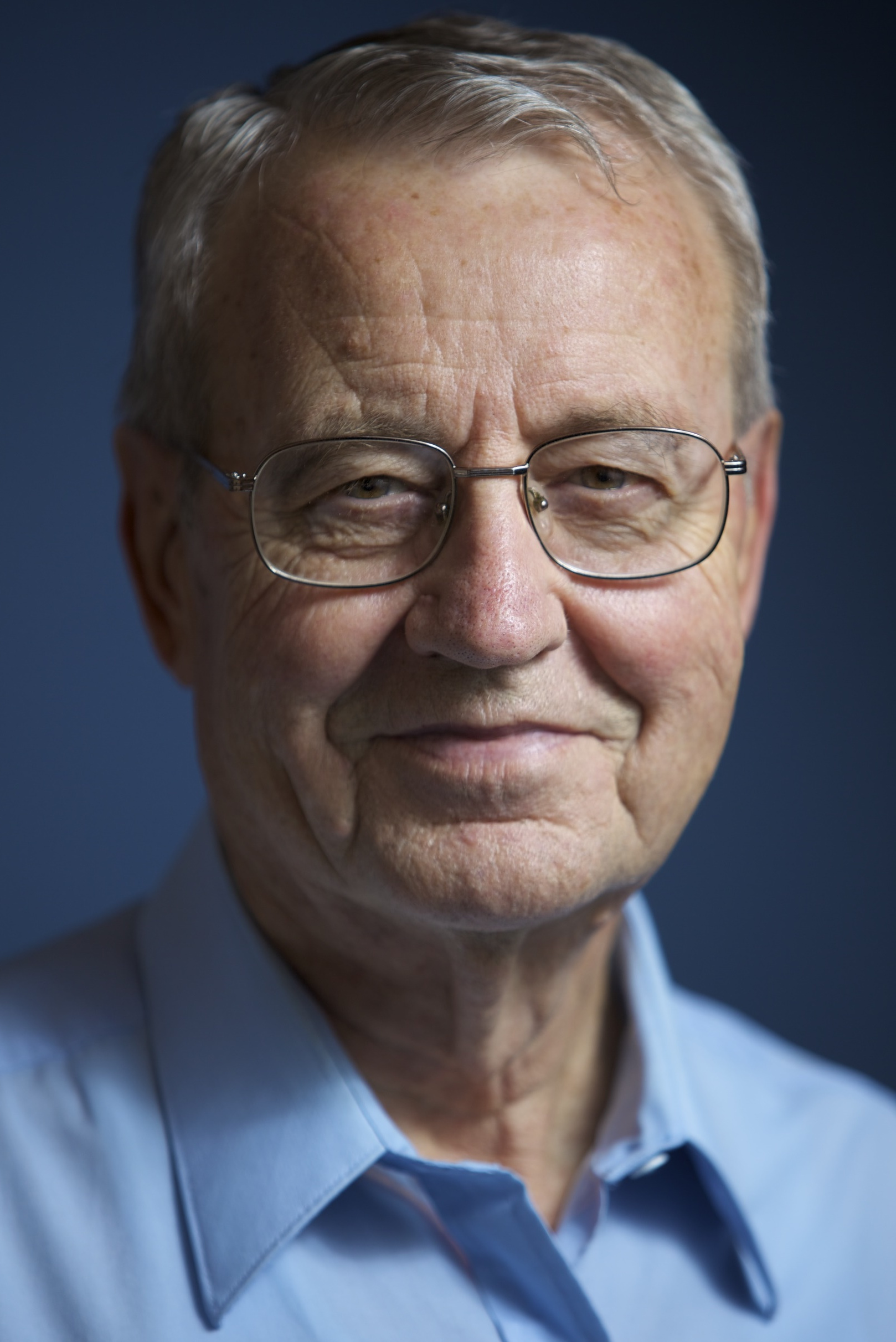
How would you describe the overall ‘plot’ narrated by Dallas regarding how moral knowledge disappeared as an ‘institutionally-embodied resource’ for guiding human life?
Gregg: After an introduction to the disaster which is the disappearance of moral knowledge, the book unfolds in four episodes – each describing a crucial step in the progression toward the current state of things wherein, again, there is no publicly recognized body of moral knowledge taught as such by the authoritative knowledge institutions of our day.
In the first episode, the church lost its credibility as a repository of moral knowledge. This gave rise to the need for a science of ethics – a secular grounding for moral knowledge.
In the second episode, the most influential attempts to provide such a secular grounding rendered the moral domain “non-natural.” The most notable efforts to develop such a body of common moral knowledge could be found in variations on Kantian-inspired (largely German) Idealism, and in Hedonistic Utilitarianism such as those of Jeremy Bentham, John Stuart Mill, and Henry Sidgwick. These two streams of thought—one emphasizing, roughly, the sources of action and the other the outcomes—ran parallel to one another through much of the Nineteenth Century, until they culminated, respectively, in the work of T. H. Green and F. H. Bradley, on the one hand, and the Utilitarianism of G. E. Moore on the other.
Most importantly for the story Dallas tells, G.E. Moore’s ethical theory all comes to rest on a particular property far removed from ordinary experience (and certainly from sense experience) called “The Good.” Given the prevailing early 20th century attitudes about what could and could not count as a “science” – indeed, what could and could not be known – this dislocation of the primary subject matter for ethics all but guaranteed the perceived failure of attempts to develop a science of Ethics. Non-naturalism would soon collapse under the force of a burgeoning ideology of “science” that expressed itself in the Logical Positivist’s criterion of meaningful concepts and statements. Under this criterion moral ‘judgments’ could not be “cognitive,” for the cognitive was restricted to what was verifiable in sense perception.
This failure to establish a science of ethics gave rise to the third and (I think) most depressing episode in the story. This episode is given over to the development of non-cognitivist theories of the meaning of moral language. Here is expressly abandoned the attempt to ground moral distinctions in a body of knowledge concerning how things are (either in the natural or in some “other” non-natural domain). What is offered in the place of this attempt to develop a systematic body of moral knowledge is an attempt to explain what we are doing when we use moral language. Perhaps we are simply “emoting” – giving expression to emotional experience. Or perhaps we are prescribing conduct for ourselves or others. What we are decidedly not doing is ascribing moral properties (natural or otherwise) to actions or persons. In this episode, logic, rationality, and cogent inference (traditionally understood) are rendered irrelevant to moral discourse since that discourse does not express truth-bearing propositional content. Expressions of emotion (e.g., HURRAY!) and prescriptions (e.g., Go get my car!) are neither true nor false. So they cannot meaningfully appear either as premises or conclusions in an instance of rational inference traditionally understood.
The fourth and final episode in the story is driven by widespread dissatisfaction with the divorce of moral discourse from logic, rationality, and cogent inference. Surely, it was thought, our moral judgments must admit of rational assessment and grounding. The final episode, then, is given over to the development of a kind of “logic” and a kind of “rationality” that can be applied to moral discourse even in the absence of a domain of moral properties (natural or otherwise) “out there” to be discovered. John Rawls and Alasdair Macintyre feature prominently in this episode of the story insofar as they attempt to ground moral knowledge (and the relevant species of rationality) in real or ideal social conditions. The normative distinctions that make up the ethical life arise not in connection with discoverable properties of persons or acts but rather in connection with certain real or ideal social conditions (e.g., agreements between ideal observers of one kind or another). If you know anything about Dallas Willard, you’ll know that he did not think that this re-characterization of logic and rationality could do justice to the moral domain. Social agreements and conditions (ideal or otherwise) simply do not give rise to the kind of normativity that we all recognize in the ethical dimension of human existence.
As an editor and compiler of Dallas’s work, what stands out to you about how Dallas does ‘intellectual history’?
Steve: I think the phrase “painstaking analysis” was used in part one of this interview. That pretty much captures it. Though, it is right to add that Dallas engaged in painstaking analysis out of respect for those with whom he engaged. It was out of respect and care for the other person that he went to such great lengths to understand their position and the influences (social and otherwise) on that person’s thought. His research of the figures he addresses in the book (e.g., G. E. Moore, T. H. Green, John Rawls, Emmanuel Levinas) is exhaustive. We have access to the primary source material he used for these thinkers and it is quite clear that he read the major (and minor) works of these figures over and over again. For instance, certain articles and books of Levinas are highlighted, underlined, and commented on in the margins in four or five different colored inks. There is no rhyme or reason for the different colors except that that was the color of pen he had available when he re-read the selection.
Whether he agreed or not, Dallas sought to come to a clear understanding of the ideas he investigated. I think it was in part due to his careful analysis of others’ views that he had insight into what was driving the view–for example, who and what the thinker was responding to in his or her thought. So this led him to see interconnections between one set of views and another set of views across time and culture. Thus, intellectual history. Dallas understood that to say what causes what in terms of intellectual history is always an approximation of the actual flow of ideas. Nevertheless, he developed a line of thought about what was happening in moral theory in the late nineteenth and throughout the twentieth centuries that is compelling.
What did you find to be one of the more insightful passages in DMK, and why?
Aaron: I’m not sure that I can point to particular passages, but there are certainly definite ideas that stand out as particularly insightful. Dallas’ account of the disappearance in ch. 1 is loaded with insights about the nature of cultural change in general and about the particular causes and institutional manifestations of the disappearance in particular. Likewise, his diagnosis of the errors of traditional moral theory, and his account of the good person, in ch. 8, are extremely insightful. In the middle chapters, I found Dallas’ approach to Rawls not merely insightful, but revolutionary. We are very fortunate that he had gotten a good start on this chapter before he passed, and that he had laid out his novel approach to interpreting Rawls very clearly. What Dallas does is to show that the views for which Rawls became famous as a political theorist are really special applications of an approach to moral epistemology that Rawls had developed in his doctoral dissertation and in his earliest publications. The claim, then, is that Rawls should be read and evaluated as fundamentally a moral epistemologist even in his later works. I’m not aware of anyone else who has taken the early work on moral epistemology as the key to understanding Rawls entire corpus. It really casts Rawls in a new light.
Gregg: One of the things I found most interesting is the asymmetry that Dallas points out between G.E. Moore’s moral epistemology and his (Moore’s) epistemological approach more generally. In general, Moore was an epistemological particularist. He began with clear cases of the thing under consideration and worked up to more general claims through careful examination of those particular cases. When it comes to knowledge of good and evil, though, Moore attempts first to identify a perfectly general property (The Good) and work down to particulars from there.
Steve: One passage that has stayed with me is this one:
A good person, then, is one who is committed to the preservation and enhancement, in an appropriate order of importance, of all the various goods over which he or she has influence, including their own moral goodness and well-being and that of others. Clearly, then, a good person will be one who cultivates their understanding of the various goods of life, and cultivates their capacity to reason clearly about those goods and about the conditions of their preservation and enhancement (DMK, 373).
This is one of several descriptions of a good person in the final chapter. This particular description highlights the importance of proximity to and prioritization of moral goods, including one’s own well-being and that of others. There is a lot to think about when it comes to which goods we are in the best position to bring about and which ones are most important. While Willard does not go into any detail about what conclusions to draw, it seems to me that he points us in the right direction as to how to go about this important work.
This concludes part two of a three-part interview. Enjoy part three! Part one is archived here.





 Dallas Willard was Professor of Philosophy at the University of Southern California from 1965-2012. He passed away in March 2013 as a result of pancreatic cancer.
Dallas Willard was Professor of Philosophy at the University of Southern California from 1965-2012. He passed away in March 2013 as a result of pancreatic cancer.
 We celebrate the life and work of
We celebrate the life and work of 